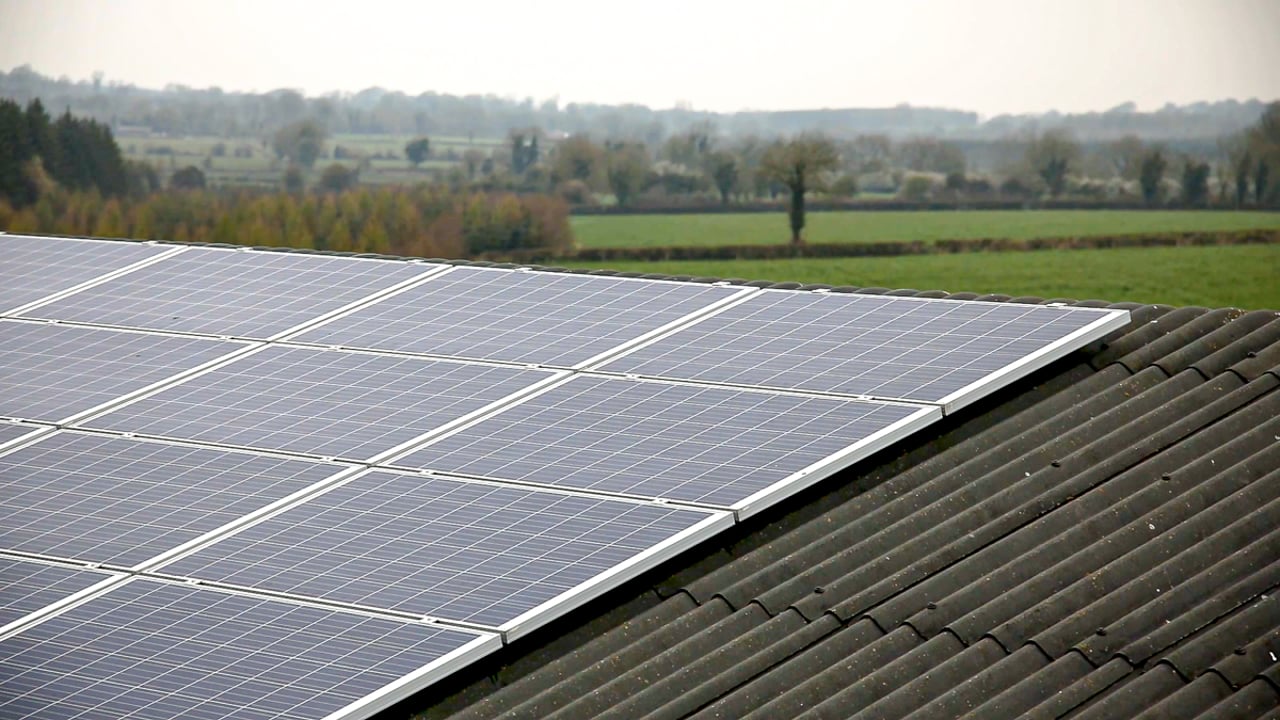MREF calls for incentives for battery storage of renewable energy
The government has been called on to incentivise the installation of battery storage for renewable energy produced by businesses and farms.
The Micro-Renewable Energy Federation (MREF) said that government incentives for the installation of solar renewable capacity has been "transformative", and called for similar incentives to be provided for battery storage.
Pat Smith, the MREF's chairperson, said that, as more renewable energy is connected to the grid, balancing technologies will need to be widely adopted to optimise the benefits of "this green energy revolution".
"Battery storage technologies are now well proven and developed to provide the ideal solution in helping to balance the grid as more renewable energy is connected.
"For homes, battery storage would optimise the use of renewable daytime generation and ensure bills were minimised by displacing bought-in evening and night-time power when solar PV is no longer generating," Smith said.
He added: "This technology could also be used to store low-cost electricity at night for use during daytime hours in the winter months."
The MREF is calling on the government to reintroduce grants for battery storage in homes to encourage those installing solar PV technology to install a battery system at the same time.
According to Smith, businesses and farms could play a significant role in grid balancing by installing battery storage systems to displace peak-time energy demands in a distributive manner across the country.
"Such a move would attract much better community support and acceptance of battery storage technologies in contract to large, centrally located battery farms. Distributed storage, if properly incentivised and managed, would be equally effective in balancing supply and demand across the grid," Smith said.
These incentives should, the MREF said, include a dedicated peak-time grid tariff incentive, to be put in place for farms and businesses who invest in battery technology.
The organisation said that such an incentive would encourage small and medium enterprises (SMEs) and farms to charge batteries during the day from renewable energy, or at cheaper nighttime rates, and discharge the batteries in a controlled manner during the peak-time evening demand between 4:30p.m and 7:00p.m.
The MREF is calling on this tariff to be introduced for a minimum period of 10 years so that an attractive rate of return could be achieved to incentivise investment in battery storage.





